Complexity Drives Costs: A Look Inside BYOD and Azure Data Lakes
Jet Global
NOVEMBER 5, 2020
For more powerful, multidimensional OLAP-style reporting, however, it falls short. OLAP reporting has traditionally relied on a data warehouse. OLAP reporting based on a data warehouse model is a well-proven solution for companies with robust reporting requirements. Option 3: Azure Data Lakes.


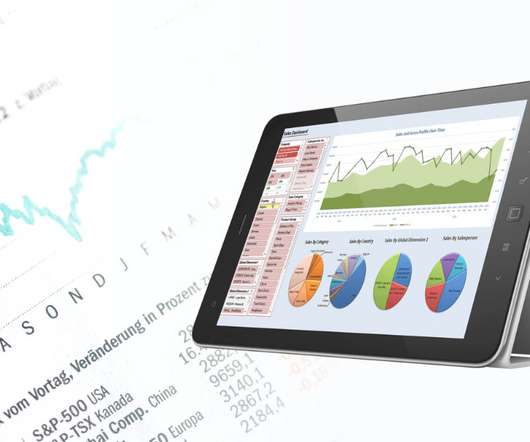

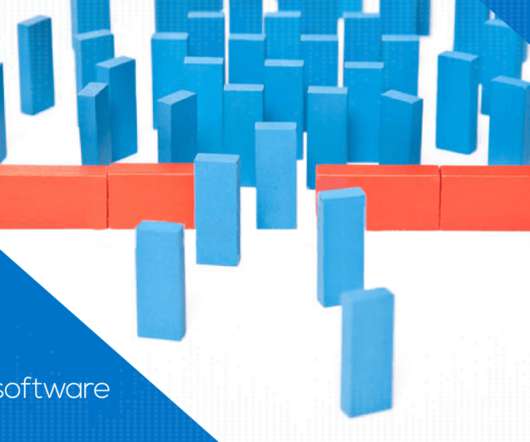

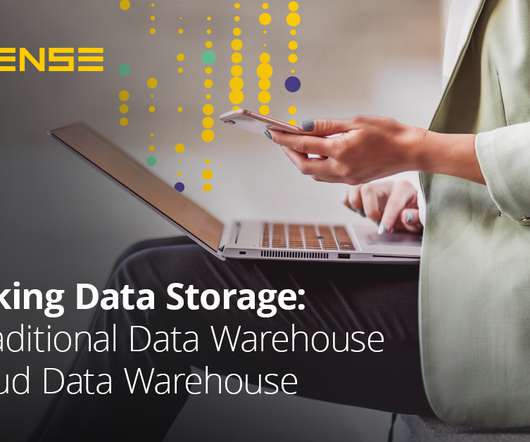

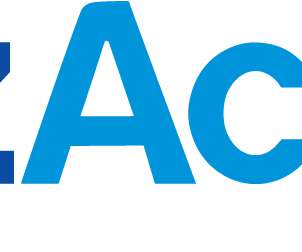
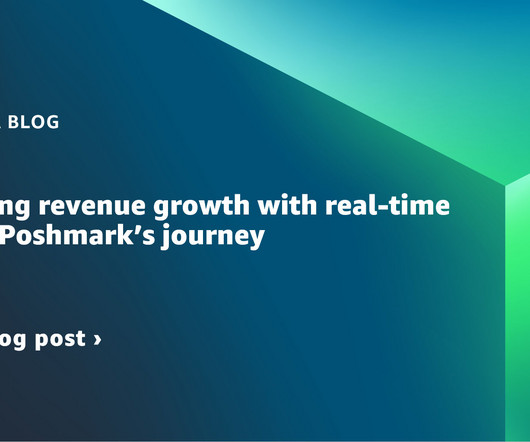
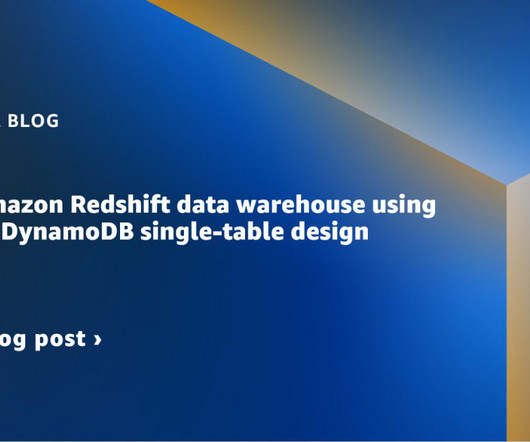









Let's personalize your content